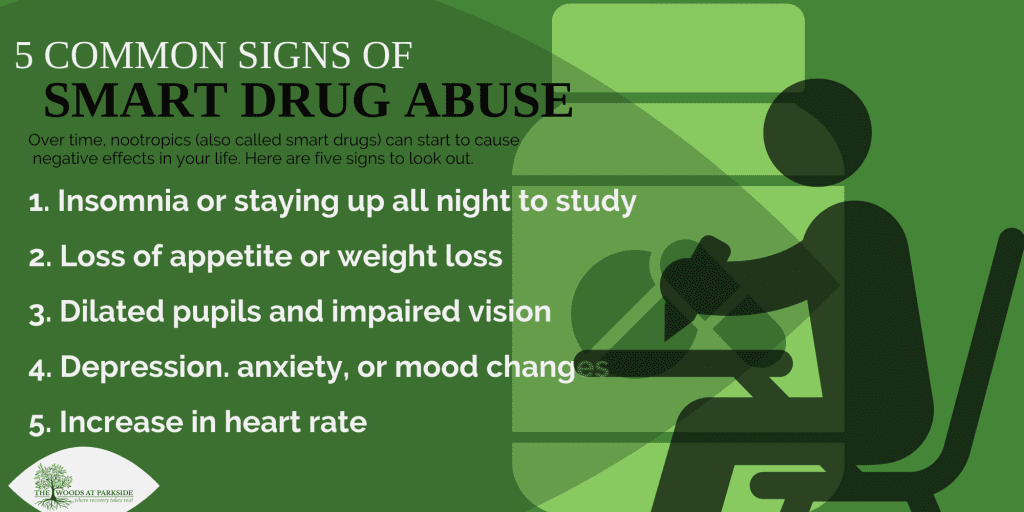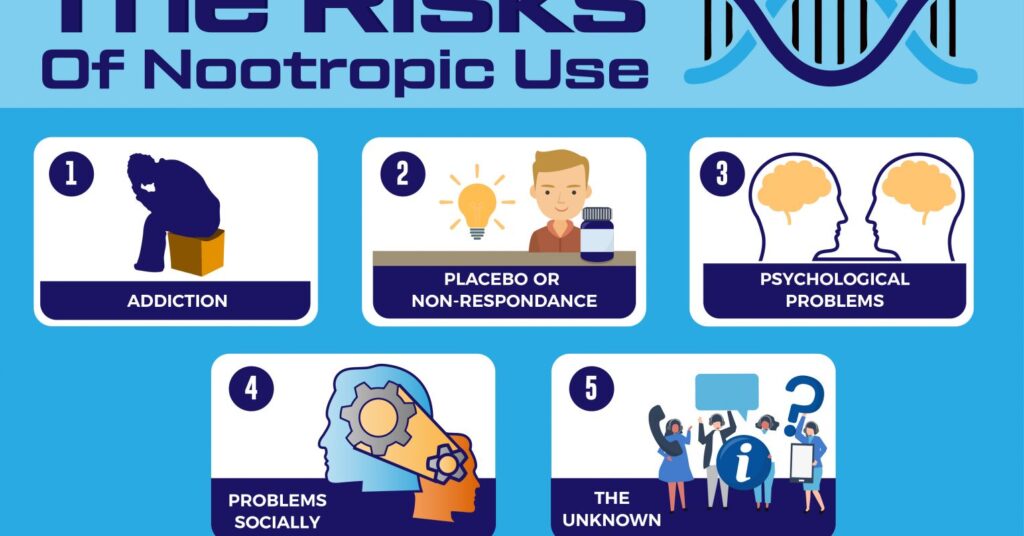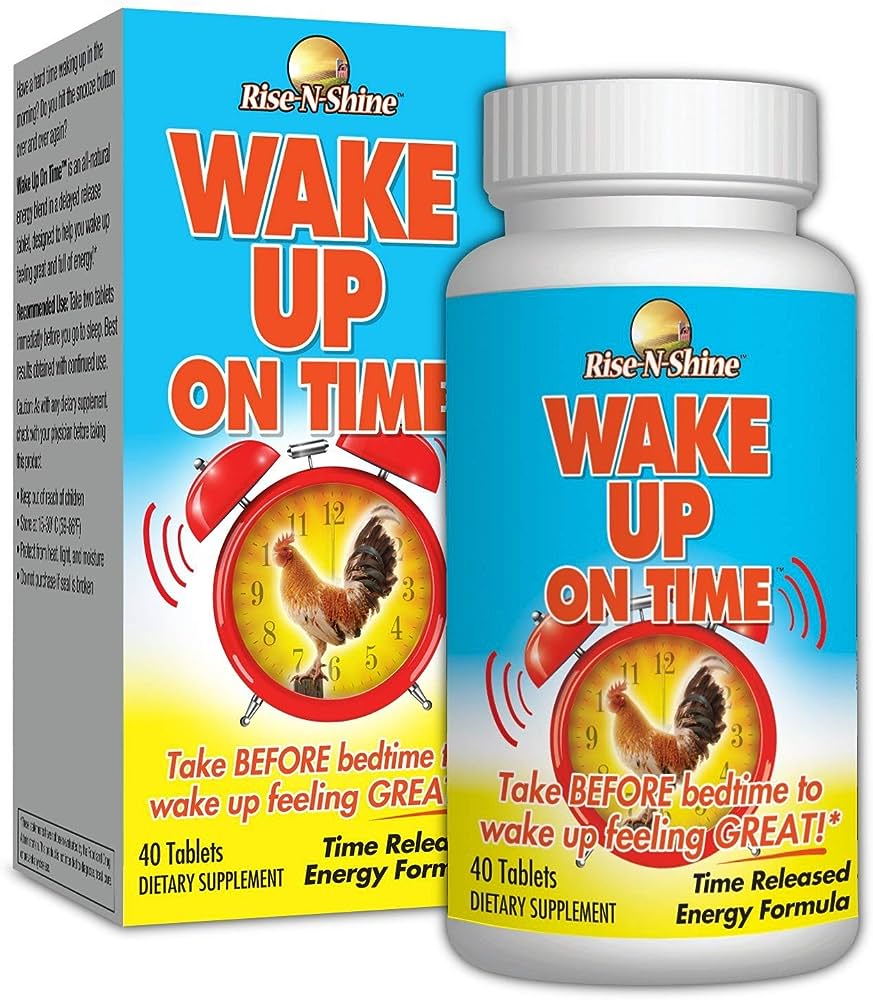Have you ever wondered if nootropics, also known as “smart drugs,” can lead to addiction or withdrawal symptoms? Well, you’re not alone! Many people are curious about the potential risks and concerns associated with using these cognitive enhancers. In this article, we will delve into the topic and explore whether or not nootropics can cause addiction or withdrawal symptoms. So, let’s dive in and uncover the truth behind these popular brain-boosting supplements.
Nootropics have gained significant popularity in recent years, with claims of enhancing cognitive function, improving memory, and increasing focus. However, as with any substance that affects the brain, concerns about addiction and withdrawal may arise. While the majority of nootropics are considered safe and non-addictive, it’s essential to understand that there are different types of these supplements, each with its own set of properties and effects. Some nootropics may have stimulant-like effects, potentially increasing the risk of addiction or withdrawal symptoms if used excessively or for an extended period.
In this article, we will explore the different types of nootropics and their potential for addiction or withdrawal. We will also discuss the factors that may contribute to the addictive properties of certain substances and how to minimize the risks. So, if you’re curious to learn more about the potential dangers and benefits of using nootropics, keep reading!

What are nootropics?
Definition and purpose of nootropics
Nootropics, also known as “smart drugs” or cognitive enhancers, are substances that are believed to enhance cognitive functions such as memory, focus, creativity, and motivation. These substances can be natural or synthetic and are commonly used to improve productivity and cognitive performance.
The purpose of using nootropics varies among individuals. Some may use them to boost their academic or professional performance, while others may use them to mitigate age-related cognitive decline or improve overall brain health.
Different types of nootropics
There are several different types of nootropics available in the market today. One of the most well-known categories includes racetams, which are synthetic compounds designed to enhance memory and improve learning abilities.
Another type of nootropic is choline supplements, which work by increasing the production of acetylcholine, a neurotransmitter associated with memory and learning.
Natural nootropics include herbs like Bacopa monnieri, Gingko biloba, and Rhodiola rosea, which have been used for centuries in traditional medicine for their cognitive enhancing properties.
How nootropics work
Nootropics work by influencing the neurotransmitters, enzymes, and hormones involved in cognitive processes. For example, racetams modulate the release and availability of certain neurotransmitters such as glutamate and acetylcholine in the brain.
Other nootropics may protect against oxidative stress, reduce inflammation, or improve cerebral blood flow, all of which can have a positive impact on cognitive function.
Understanding addiction
Definition and factors contributing to addiction
Addiction is a psychological and physical dependence on a substance or behavior. It is characterized by compulsive drug-seeking and use, despite negative consequences.
Various factors contribute to the development of addiction, including biological, psychological, and environmental factors. Genetic predisposition, mental health conditions, and exposure to stress or trauma can increase the likelihood of developing an addiction.
Common signs and symptoms of addiction
Signs and symptoms of addiction can vary depending on the substance or behavior involved. Some common signs include:
- Increased tolerance to the substance or behavior
- Withdrawal symptoms when attempting to quit or reduce use
- Failed attempts to quit or control use
- Neglecting other responsibilities or activities in favor of substance use
- Continued use despite negative consequences
- Preoccupation with obtaining and using the substance or engaging in the behavior
Neurobiology of addiction
The neurobiology of addiction involves changes in the brain’s reward system, which is responsible for reinforcing behaviors that are necessary for survival, such as eating and reproducing.
When a substance is repeatedly used, it can hijack the brain’s reward system, leading to changes in the release and availability of dopamine, a neurotransmitter associated with pleasure and reward. These changes can result in the compulsion to seek and use the substance, even in the face of negative consequences.
Can nootropics be addictive?
Research on addictive potential of nootropics
While nootropics are generally considered to have a low risk of addiction compared to substances like opioids or stimulants, research on their addictive potential is limited.
One study published in the journal Behavioral Brain Research found that the nootropic drug modafinil did not increase the risk of self-administration or induce conditioned place preference in rats, suggesting a lack of addictive potential.
However, more research is needed to fully understand the addictive properties of different types of nootropics and their effects on the reward system in humans.
Factors influencing addictive properties
Several factors can influence the addictive properties of nootropics. The pharmacokinetics of a substance, including its half-life and rate of metabolism, can influence its addictive potential.
The route of administration also plays a role, as substances that are rapidly absorbed and produce a rapid onset of effects are often more addictive.
Individual susceptibility to addiction
Individuals vary in their susceptibility to addiction, and some may be more prone to developing addictive behaviors than others. Factors such as genetics, co-occurring mental health conditions, and past history of addiction can increase the risk.
Additionally, psychological factors like impulsivity and sensation-seeking tendencies can also contribute to the development of addictive behaviors.
Withdrawal symptoms associated with nootropics
Definition and characteristics of withdrawal symptoms
Withdrawal symptoms occur when a person abruptly stops or reduces the use of a substance to which they have developed dependence. These symptoms can vary depending on the substance involved, but commonly include physical and psychological discomfort.
Withdrawal symptoms may manifest as irritability, anxiety, depression, difficulty concentrating, fatigue, and sleep disturbances.
Research on withdrawal symptoms of nootropics
Limited research has been conducted on the withdrawal symptoms associated with nootropics. However, anecdotal reports suggest that abrupt discontinuation of certain nootropics, particularly those that affect neurotransmitter levels, can lead to withdrawal-like symptoms.
For example, abrupt cessation of high-dose racetams has been reported to cause fatigue, irritability, and cognitive decline in some individuals.
Possible mechanisms of withdrawal
The exact mechanisms underlying withdrawal symptoms associated with nootropics are still not fully understood. However, it is believed that abrupt discontinuation can disrupt the delicate balance of neurotransmitters in the brain, leading to withdrawal-like symptoms.

Risk factors for developing addiction or withdrawal
Personal factors
Several personal factors can increase the risk of developing addiction or experiencing withdrawal symptoms. These include a history of substance abuse or addiction, co-occurring mental health conditions, and a family history of addiction.
Additionally, individuals with certain personality traits like impulsivity, sensation-seeking tendencies, or high levels of stress may be more vulnerable to developing addictive behaviors or experiencing withdrawal symptoms.
Dosage and duration of use
The dosage and duration of use can also influence the risk of addiction or withdrawal symptoms. Higher doses and prolonged use of nootropics may increase the likelihood of developing tolerance and dependence.
It is important to note that following recommended dosage guidelines and avoiding long-term, high-dose use can help minimize the risk of addiction and withdrawal.
Interaction with other substances
The interactions between nootropics and other substances can also contribute to the risk of addiction or withdrawal symptoms. Combining nootropics with other substances, such as alcohol or prescription medications, can enhance their effects and increase the risk of dependence.
It is important to consult with a healthcare professional before combining nootropics with other substances to ensure safety and minimize potential risks.
Recognizing addiction or withdrawal from nootropics
Common signs and symptoms
Recognizing addiction or withdrawal from nootropics can be challenging, as the symptoms may be similar to those of other substance or behavioral addictions.
Common signs of addiction or dependence on nootropics may include:
- Cravings for the substance
- Inability to reduce or quit use despite negative consequences
- Neglecting personal or professional responsibilities
- Continued use despite deteriorating physical or mental health
Withdrawal symptoms from nootropics may include:
- Irritability
- Anxiety
- Depression
- Fatigue
- Sleep disturbances
Effects on mental and physical health
Addiction to nootropics can have significant effects on mental and physical health. Prolonged use can lead to tolerance, requiring higher doses to achieve the same effects. This can increase the risk of adverse effects such as insomnia, anxiety, and gastrointestinal issues.
Additionally, excessive use or dependence on nootropics can disrupt normal sleep patterns, impair cognitive function, and contribute to mental health issues such as depression and anxiety.
Behavioral changes
Addiction or withdrawal from nootropics can also result in behavioral changes. Individuals may become preoccupied with obtaining and using the substance, neglect social activities or relationships, and exhibit secretive or deceptive behavior.
It is important to be aware of these behavioral changes and seek help if addiction or withdrawal is suspected.

Prevention and management strategies
Safe usage guidelines
To minimize the risk of addiction or withdrawal symptoms, it is important to follow safe usage guidelines when using nootropics. This includes:
- Starting with the lowest effective dose
- Gradually increasing the dose if necessary
- Avoiding long-term, high-dose use
- Taking regular breaks from nootropic use
- Seeking professional guidance and advice
Monitoring and self-awareness
Regular monitoring of your usage patterns and self-awareness are important in preventing addiction or withdrawal symptoms. Pay attention to any changes in your behavior, mood, or physical health that may indicate a problem.
If you notice any signs of addiction or withdrawal, it is important to seek support and professional help.
Professional help and support
If you suspect that you or someone you know may be experiencing addiction or withdrawal symptoms from nootropics, it is essential to seek professional help and support.
Treatment options for addiction to nootropics may include therapy, counseling, support groups, and in some cases, medication-assisted treatment.
Professional help can provide guidance, support, and the necessary resources to overcome addiction and manage withdrawal symptoms.
Conclusion
In conclusion, while nootropics are generally considered to have a low risk of addiction compared to other substances, the potential for addiction and withdrawal symptoms should not be ignored. Factors such as individual susceptibility, dosage and duration of use, and co-occurring substance use can increase the risk.
Recognizing the signs and symptoms of addiction or withdrawal and seeking professional help and support are crucial in preventing and managing these issues.
It is important to strike a balance between the potential benefits of nootropics and the potential risks they may pose. Further research and awareness are needed to better understand the addictive properties and withdrawal potential of different types of nootropics.
By practicing safe usage guidelines, monitoring your usage patterns, and seeking professional help when needed, you can maximize the potential benefits of nootropics while minimizing the risk of addiction or withdrawal symptoms.












